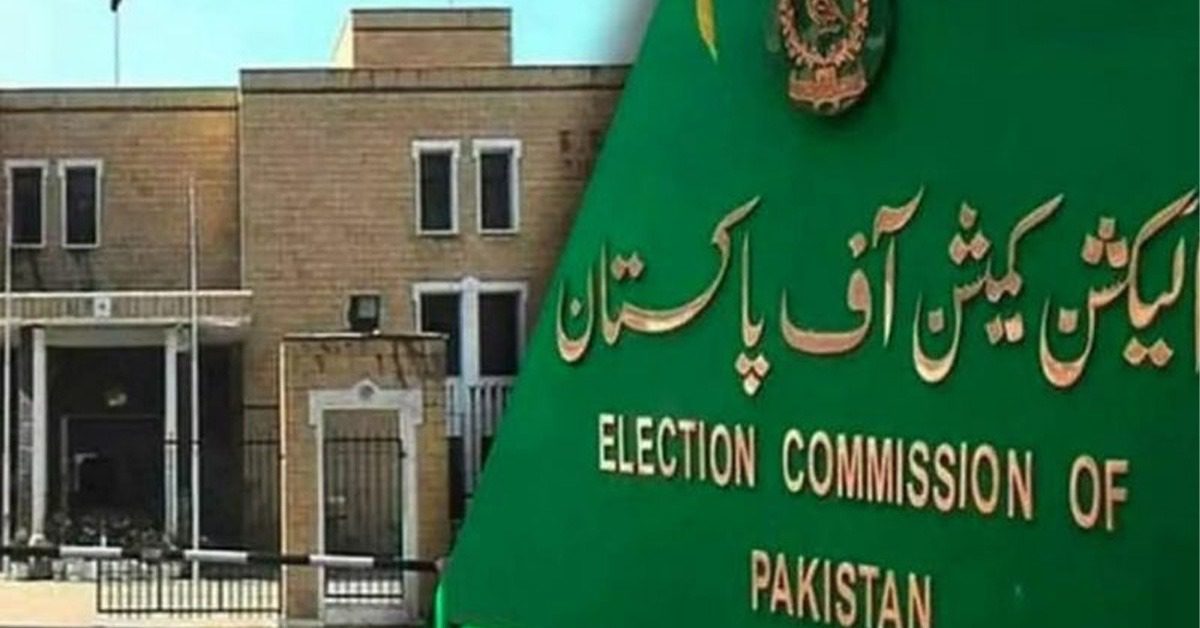A high-level inquiry has been launched in Pakistan following the resignation of a top elections officer on Saturday, who claimed widespread manipulation of vote results.
The Election Commission of Pakistan (ECP) has set up a committee to record testimony from district polling officers and provide a report within three days.
The inquiry was launched following the resignation of Rawalpindi city commissioner Liaquat Ali Chattha, who admitted to altering results and said he was pressed by the country’s top leaders.
“I am taking responsibility for all of this wrongdoing and telling you that the chief election commissioner and the chief justice are also completely involved in this,” Mr Chattha told a room full of media on Saturday.
His claims came as jailed former Prime Minister Imran Khan’s Pakistan Tehreek-e-Insaf (PTI) party staged national rallies over apparent election cheating on February 8.
Mr Chattha alleged that the candidates who were “losing” the polls “were made to win” in the city.
He stated that 13 Rawalpindi contestants were forced proclaimed winners.
Mr Chattha further stated that the pressure on him was so strong that he considered self-harm, but ultimately opted to expose the incident in front of the media since “stabbing the country in the back does not let him sleep.”
“I should be punished for the injustice I have done and others who were involved in this injustice should also be punished,” he said at a press conference.
“It is my request to the entire bureaucracy to not do anything wrong for all these politicians.”
The Election Commission of Pakistan has denied the accusations but stated that it will investigate them.
The committee will also assess if Mr Chattha should face contempt proceedings.
The senior official’s exposé enraged several politicians and officials, including Punjab’s communications minister, Amir Mir, who said Mr Chattha was “trying to kick start his political career after he retires.”
Saif Anwar Jappa, the newly appointed Rawalpindi Commissioner, likewise denied the claims, claiming that the outgoing commissioner’s function was only to coordinate the elections.
The debate erodes faith in the country’s election system after an abnormally extended wait in selecting who would form the government.
Meanwhile, a statewide disruption in the social networking platform X’s service was recorded in Pakistan, attributed to “escalating unrest and protests” over election fraud claims, according to Internet tracking organization NetBlocks.
In the February 8 elections, independent candidates, primarily backed by Mr Khan’s PTI, won 93 of the 265 National Assembly seats.
PTI’s adversaries, the Pakistan Muslim League-N and the Pakistan People’s Party, have formed a coalition government following a post-election alliance. To rule, a party must win 133 of the 265 contested seats in the 266-member National Assembly.

